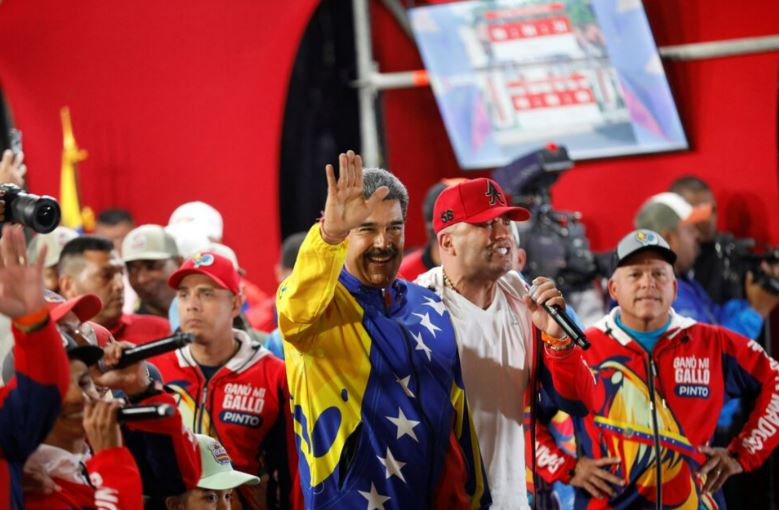
Mr. Nicolas Maduro was re-elected President of Venezuela. - Photo: Reuters,
Nicolas Maduro re-elected President of Venezuela
CNE said opposition candidate Edmundo Gonzalez won 44% of the vote, although the opposition had previously said it had "reason to celebrate" and asked supporters to continue monitoring the vote count.
Mr Maduro appeared at the presidential palace to cheers from supporters, saying his re-election was a victory for peace and stability. The Venezuelan president reiterated that the country's electoral system was transparent. He said Maduro would sign a decree on July 29 to launch a "great national dialogue".
According to a nationwide poll conducted by Edison Research, the results predict that Mr. Gonzalez will win 65% of the vote, while Mr. Maduro will only win 31%. Meganalisis predicts Mr. Gonzalez will win 65% of the vote and Mr. Maduro will win less than 14%.
About 80% of the votes have been counted, CNE President Amoroso said in a televised statement, adding that the results were delayed due to "an attack" on the electoral data transmission system.
Venezuelans await results
Earlier, on the evening of July 28, Venezuelans awaited the results of the most important election of the next 6-year term. President Nicolas Maduro was confident of victory even as the opposition attracted enthusiastic support and warned of possible irregularities.
Opposition leader Maria Corina Machado was the star of the coalition campaign, although her ban on holding public office forced her to cede the position to Edmundo Gonzalez, a 74-year-old former diplomat known for his calm demeanor.
Mr Gonzalez has won support even from people who have supported the ruling party in the past.
Mr Maduro has claimed that Venezuela has the most transparent electoral system in the world and warned of a "war" if he loses. Venezuela's Attorney General Tarek Saab told Reuters that he expected no violence and that, apart from a few isolated incidents, voting had been peaceful. He hoped to have results by the evening of 28 July.
Marlyn Hernandez, head of elections at Andres Bello High School, told Reuters that as of 5:20 p.m. on July 28, about 50 percent of the 11,493 people registered at the polling station had voted. That was in line with estimates released by the opposition campaign that put turnout nationwide at just under 55 percent.
Mr. Gonzalez and Mr. Machado stressed the need for opposition witnesses to remain at polling stations to monitor the vote counting process and not leave until they receive a copy of the results.
According to the opposition, Mr. Delsa Solorzano, an opposition official who planned to observe the national final count at the electoral body, was not allowed into the polling station, although other opposition witnesses were allowed in.
Venezuela is holding its presidential election as US economic sanctions continue to have a serious and far-reaching impact on the lives of its people, including shortages of medicine, food, a decline in the quality of life and increased migration. According to a report by the Bolivarian Alliance for the Americas – Peoples’ Trade Pact (ALBA-TCP), the economic damage Venezuela has suffered from Western sanctions since 2015 is estimated at around $800 billion.
Mr. Maduro said earlier that if he were re-elected President, he would ensure peace and economic growth, making Venezuela less dependent on oil revenue.
Dozens of voters cast their ballots at the Venezuelan consulate on the Spanish island of Tenerife, while others gathered outside waving flags and cheering. Migrants around the world reported difficulty registering, and only a small fraction of the large number of Venezuelans living abroad were expected to be able to vote.
The Legacy of Venezuelan President Hugo Chavez
The most important milestone under President Chavez was the Bolivarian Revolution, named after Venezuelan hero Simon Bolivar, which aimed to steer the country toward socialism. The main goals of the revolution included eliminating illiteracy, distributing food stamps, and providing health care to all citizens across the country. Chavez took social welfare programs to new heights, expanding both their size and scope.
Despite controversy in the West, Chavez has won multiple elections and re-elections on the back of support from the poor. He has addressed the needs and frustrations of the poor by regularly confronting the country's wealthy and pledging that the profits from its oil wealth will be redistributed to the poor. According to the World Bank, the proportion of people living below the poverty line in Venezuela fell from 62% in 2003 to 29% in 2009. Between 2001 and 2007, the illiteracy rate fell from 7% to 5%.
Nguyen Quang Minh (according to Reuters/CNN)
Source: https://www.nguoiduatin.vn/ong-nicolas-maduro-tai-dac-cu-tong-thong-venezuela-204240729120944175.htm


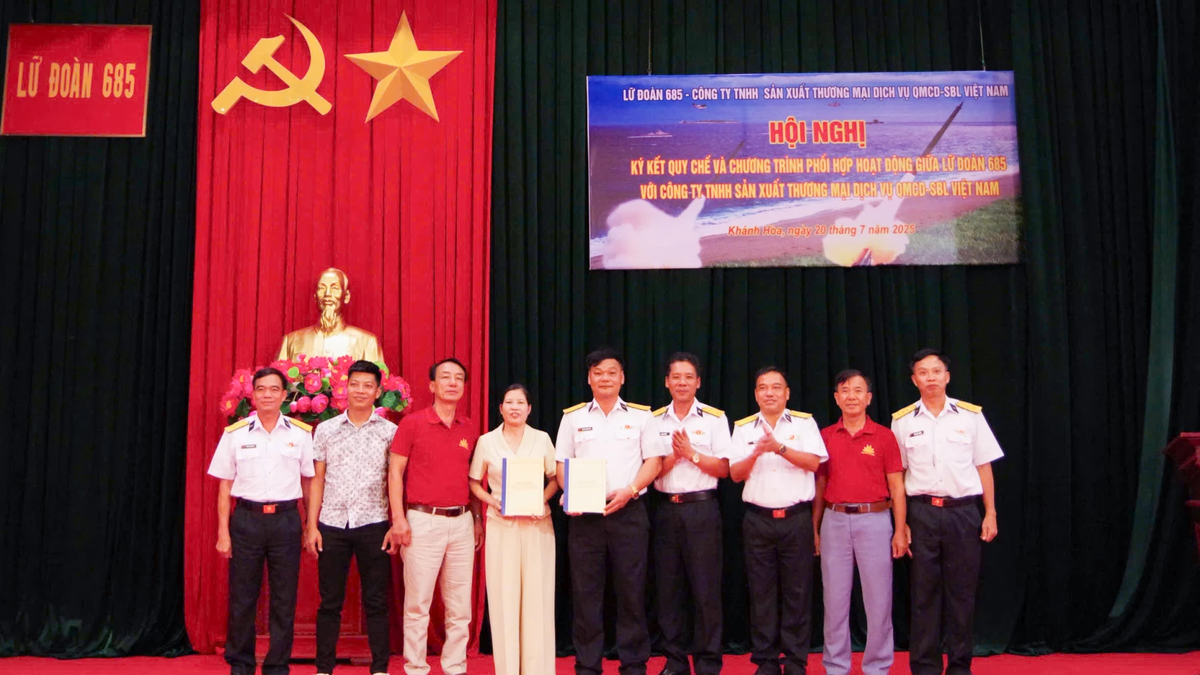
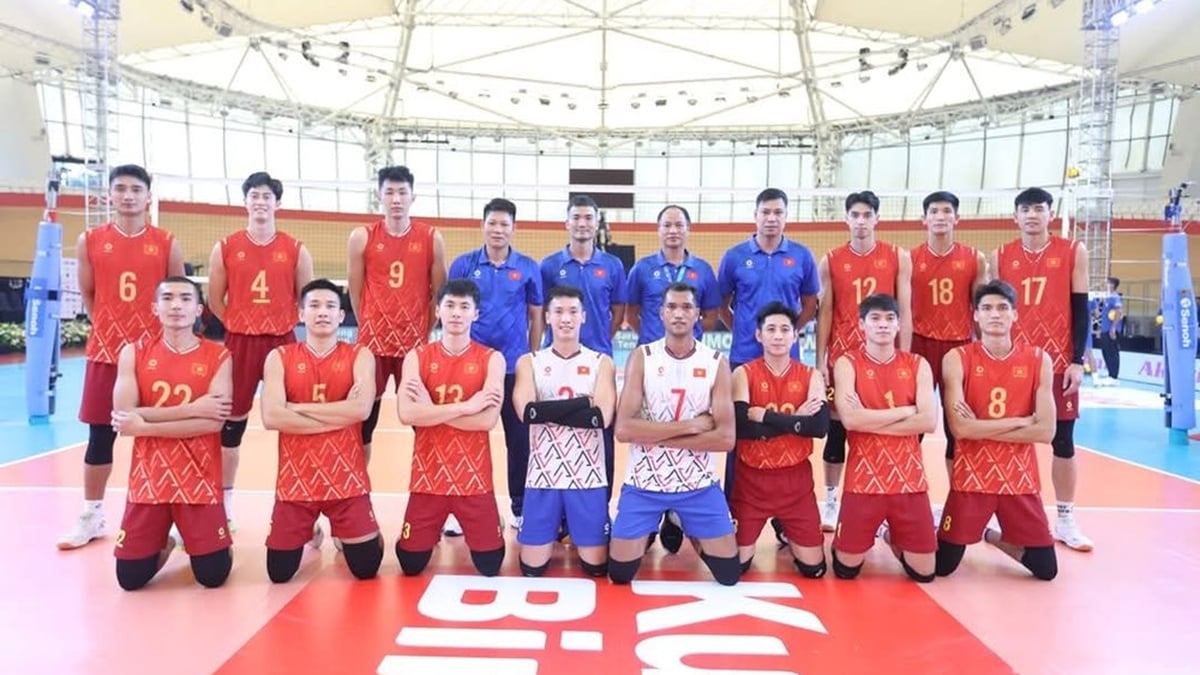
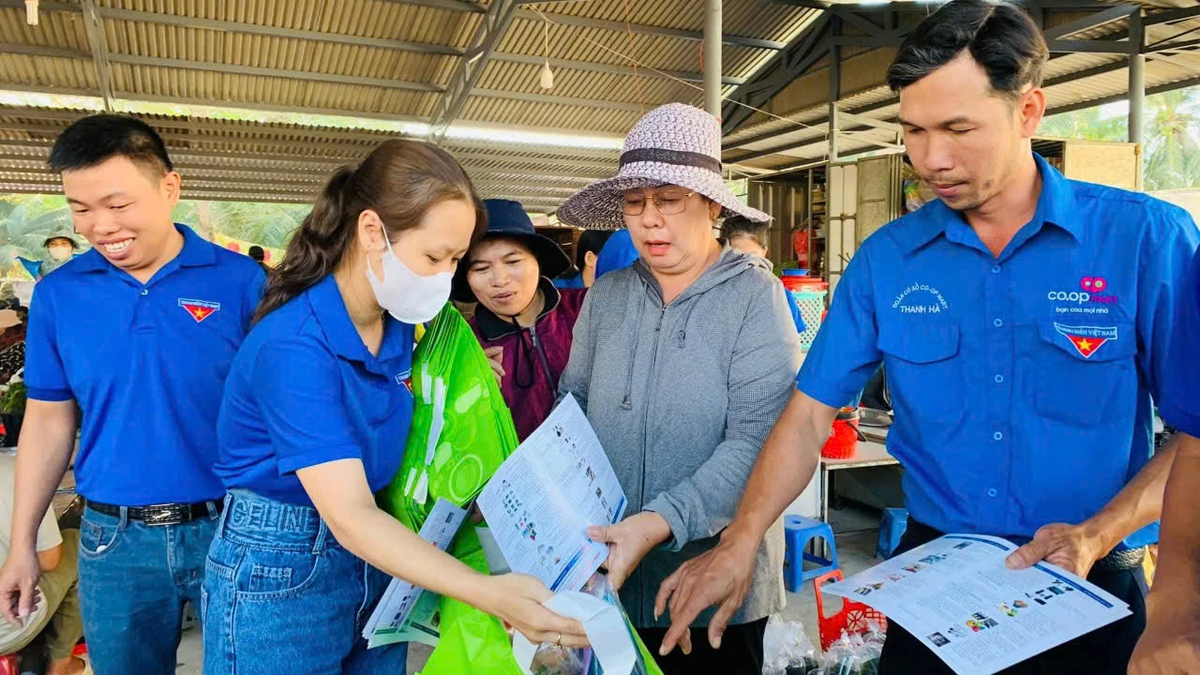
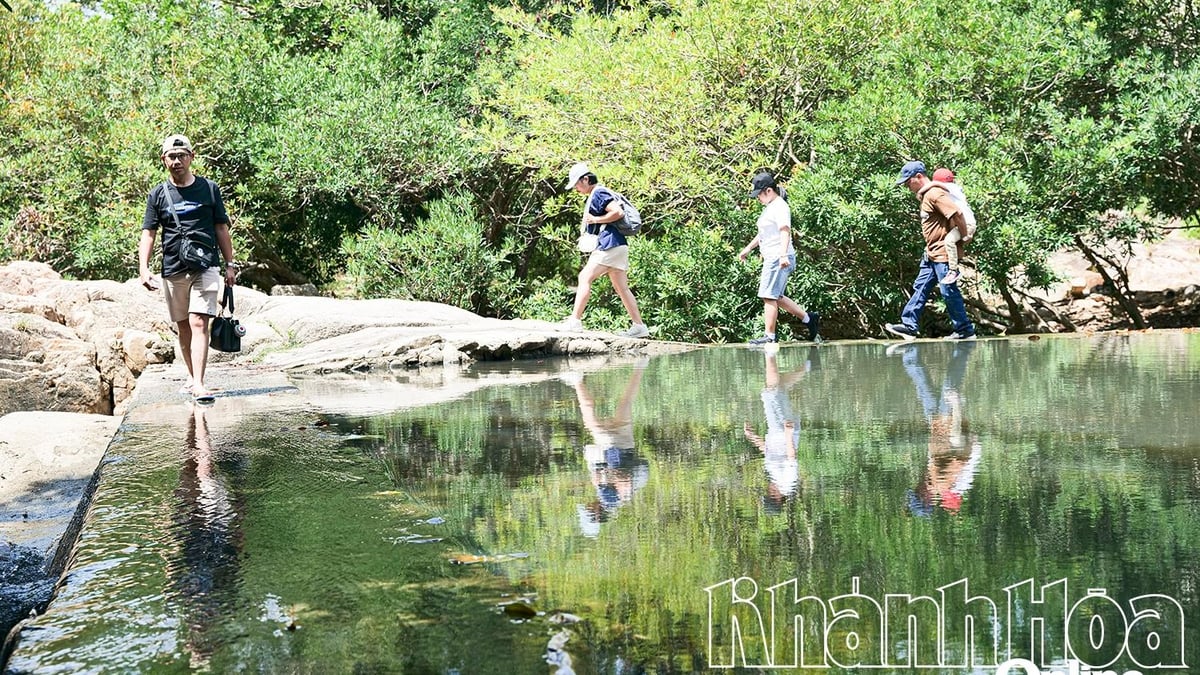
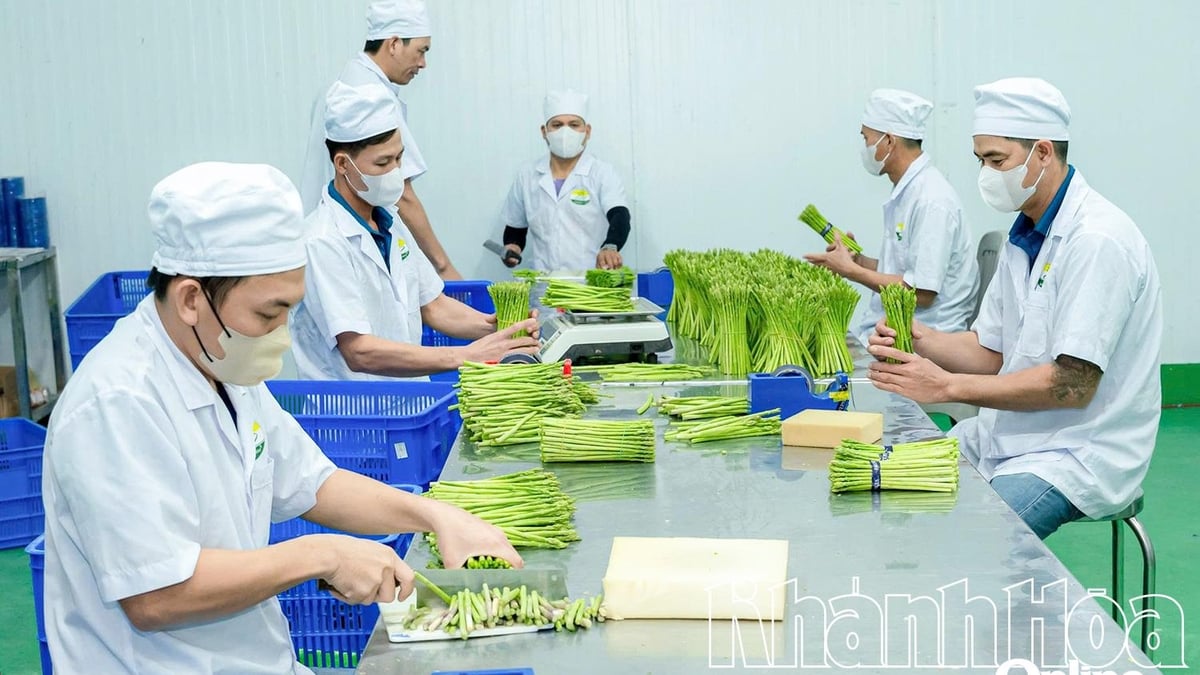

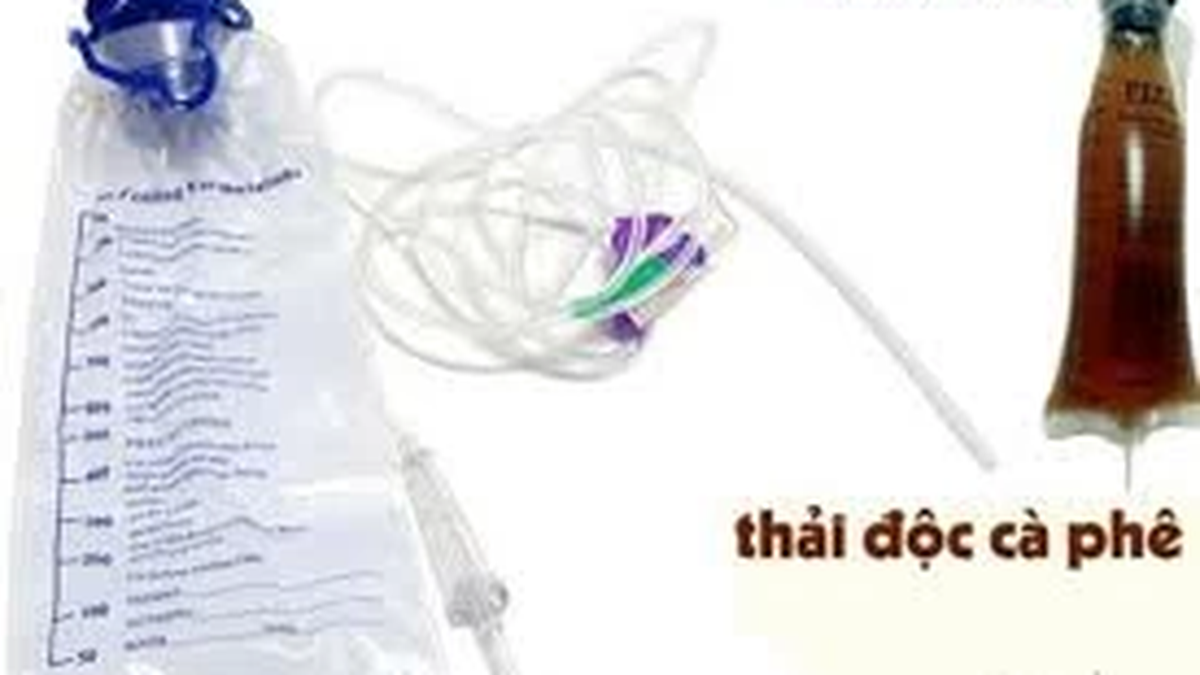
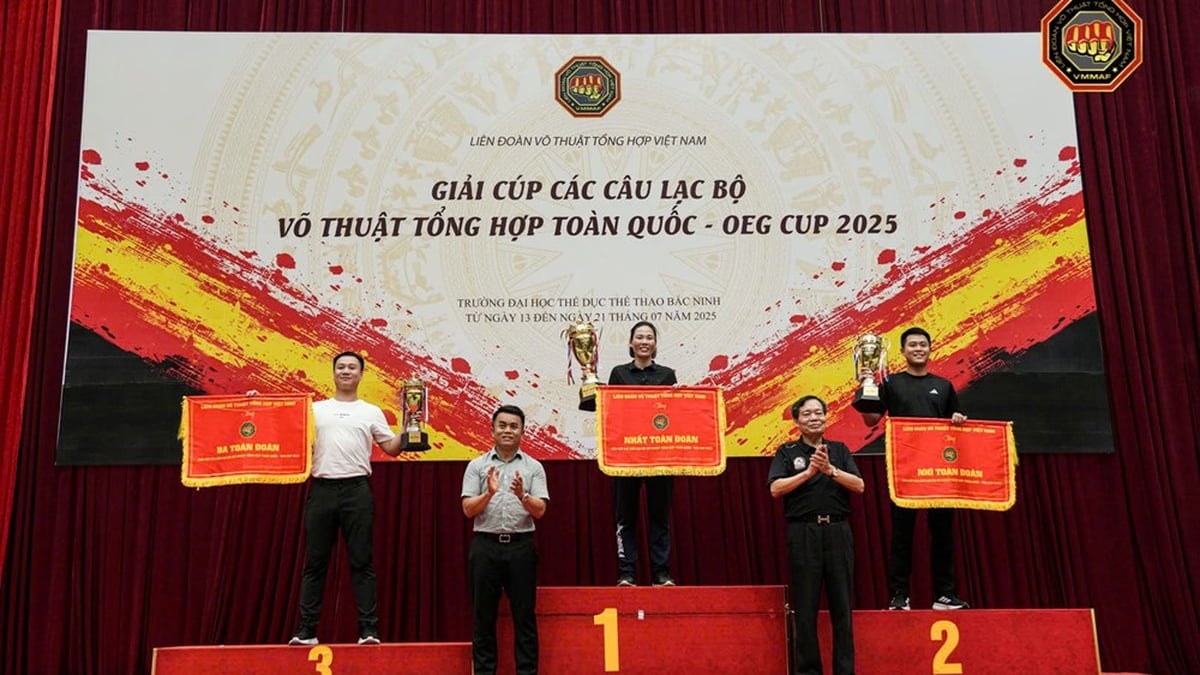
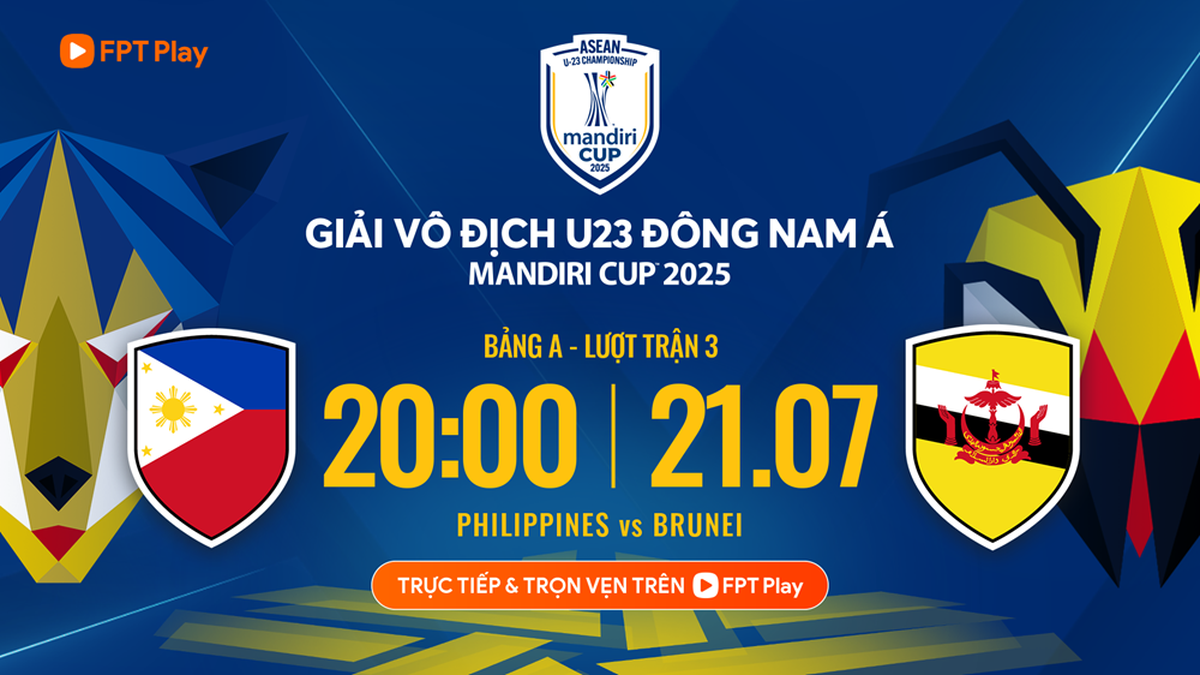
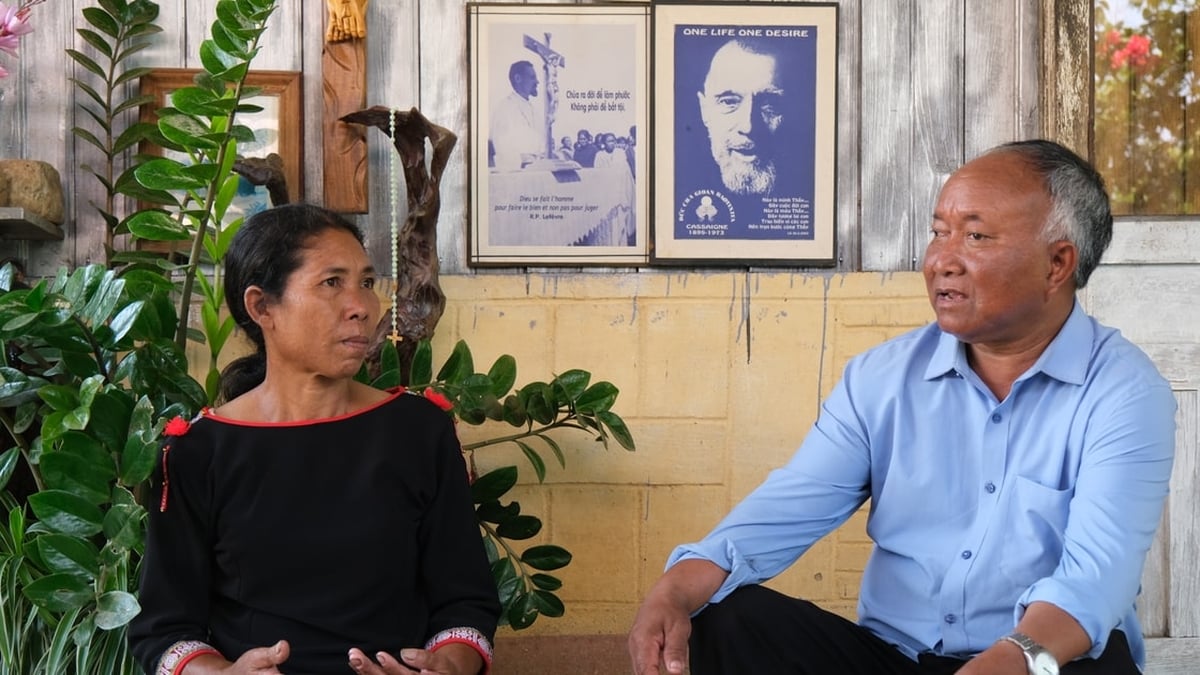

















![[Photo] National Assembly Chairman Tran Thanh Man visits Vietnamese Heroic Mother Ta Thi Tran](https://vphoto.vietnam.vn/thumb/1200x675/vietnam/resource/IMAGE/2025/7/20/765c0bd057dd44ad83ab89fe0255b783)




































































Comment (0)